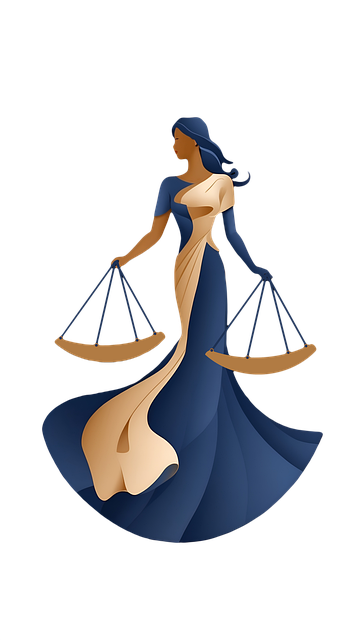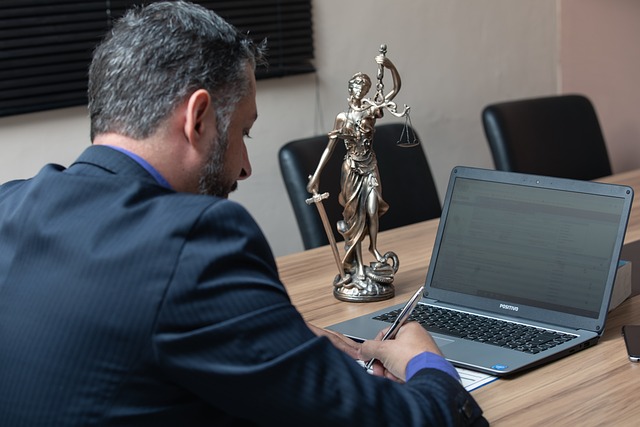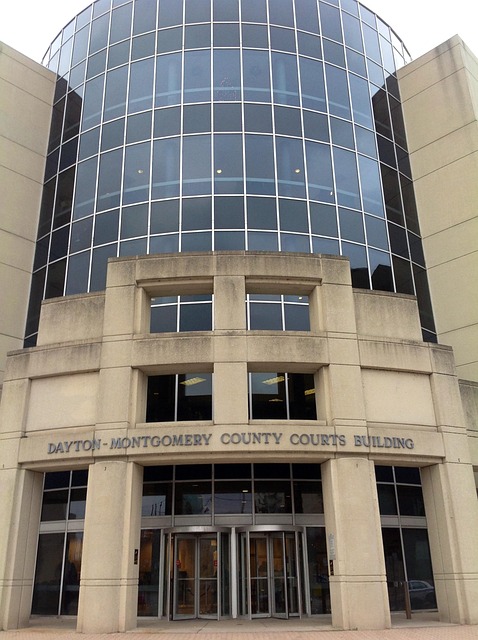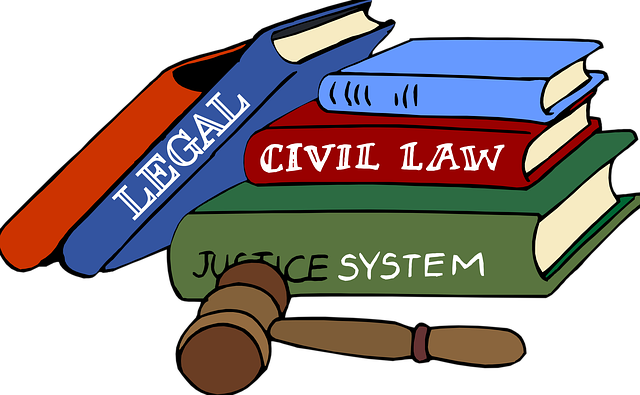Environmental Crime Trials, a burgeoning legal domain, focus on prosecuting entities causing environmental harm using existing laws under the stringent Understanding Burden of Proof in Criminal Cases standard. Success hinges on meticulous evidence collection and scientific attribution to businesses. This burden of proof is crucial for achieving justice, deterring future harm, and fostering environmental stewardship across industries and communities. As these trials become more prevalent, holding individuals and corporations accountable for environmental damage becomes a reality.
Environmental Crime Trials: Unveiling the Legal Battlefields of Eco-Justice
In a world grappling with escalating environmental crises, holding perpetrators accountable is crucial. This article delves into Environmental Crime Trials—a burgeoning field where legal frameworks confront polluters and protect ecosystems. We explore key components like defining these trials, understanding the burden of proof in criminal cases, navigating challenges, and assessing their impact on fostering accountability and justice. By examining these aspects, we gain insights into the intricate dance between law and environmental preservation.
- Defining Environmental Crime Trials: Unraveling the Legal Framework
- The Burden of Proof: A Critical Component in Environmental Cases
- Challenges and Strategies: Navigating Complex Evidence and Testimony
- Impact and Future Prospects: Enhancing Accountability through Justice
Defining Environmental Crime Trials: Unraveling the Legal Framework

Environmental Crime Trials, a burgeoning legal frontier, involve prosecuting entities for harmful actions against the natural world. Defining these trials necessitates an understanding of their unique legal framework. At their core, they hinge on the concept of attributing liability for environmental damage, often complex and far-reaching, to specific parties through existing laws. The process demands a meticulous examination of evidence, as these cases present significant challenges in establishing culpability.
The Understanding Burden of Proof in Criminal Cases plays a pivotal role here. Prosecutors must demonstrate beyond a reasonable doubt that the accused acted with intent or negligence, leading to environmental harm. This stringent standard ensures fairness and accuracy across the country. The success of these trials often relies on an unprecedented track record of evidence collection, leveraging scientific methodologies to attribute responsibility to respective businesses.
The Burden of Proof: A Critical Component in Environmental Cases

In environmental crime trials, the understanding of the burden of proof is paramount. It’s a critical component that determines the outcome of high-stakes cases, where the stakes are not just financial but also the future health and well-being of communities and ecosystems. The prosecutor must present compelling evidence that goes beyond reasonable doubt to secure a conviction, ensuring justice is served for environmental violations. This becomes even more intricate when dealing with complex issues like pollution, habitat destruction, or climate change, where proving direct causation can be challenging.
The burden of proof ensures that accusations are not levelled without substantial grounds. In these sensitive matters, it prevents the complete dismissal of all charges based on technicalities or lack of definitive links. It encourages thorough investigations and robust evidence collection, holding respective businesses accountable for their actions and ensuring environmental regulations are upheld.
Challenges and Strategies: Navigating Complex Evidence and Testimony

Navigating complex evidence and testimony is a significant challenge in environmental crime trials. These cases often involve scientific data, expert opinions, and intricate legal concepts that can be difficult for both prosecutors and defendants to unravel. Understanding the burden of proof in criminal cases becomes paramount, as it requires clear and compelling evidence to secure a conviction. In white-collar and economic crimes, where documents and financial records are at the forefront, a winning challenging defense verdict hinges on effectively presenting and interpreting these complex materials.
Juries play a crucial role in these trials, relying on detailed explanations from experts and thorough cross-examination to separate fact from speculation. The strategy often involves breaking down intricate scientific findings into digestible components, ensuring that lay jurors can comprehend the significance of the evidence. This approach not only helps in securing favorable jury trials but also underscores the importance of clear communication in navigating the complexities inherent in environmental crime cases.
Impact and Future Prospects: Enhancing Accountability through Justice

Environmental crime trials play a pivotal role in enhancing accountability for damaging our planet. As these cases gain traction, they send a powerful message that harmful actions will no longer be tolerated. The impact extends beyond individual justice; it fosters a culture of environmental stewardship across industries and communities. By holding perpetrators accountable, these trials serve as deterrents, encouraging prevention through stricter compliance with regulations designed to safeguard our ecosystems.
Looking ahead, the future of environmental justice holds promise. Advancements in evidence gathering and an evolving legal landscape empower prosecutors with stronger tools. Understanding the burden of proof in criminal cases is crucial; proving environmental harm can be complex but is not insurmountable. As these trials become more prevalent across the country, we see a shift towards holding individuals and corporations responsible for their actions, ensuring that those who cause damage are no longer able to avoid indictment for his clients.
Environmental crime trials play a pivotal role in holding perpetrators accountable for their actions that harm our planet. By understanding the legal framework, navigating complex evidence and testimony, and recognizing the burden of proof as a critical component, these trials can enhance environmental justice. As we look to the future, strengthening these processes is essential to ensure that those who cause environmental damage are brought to justice, setting a precedent for more sustainable practices globally.






